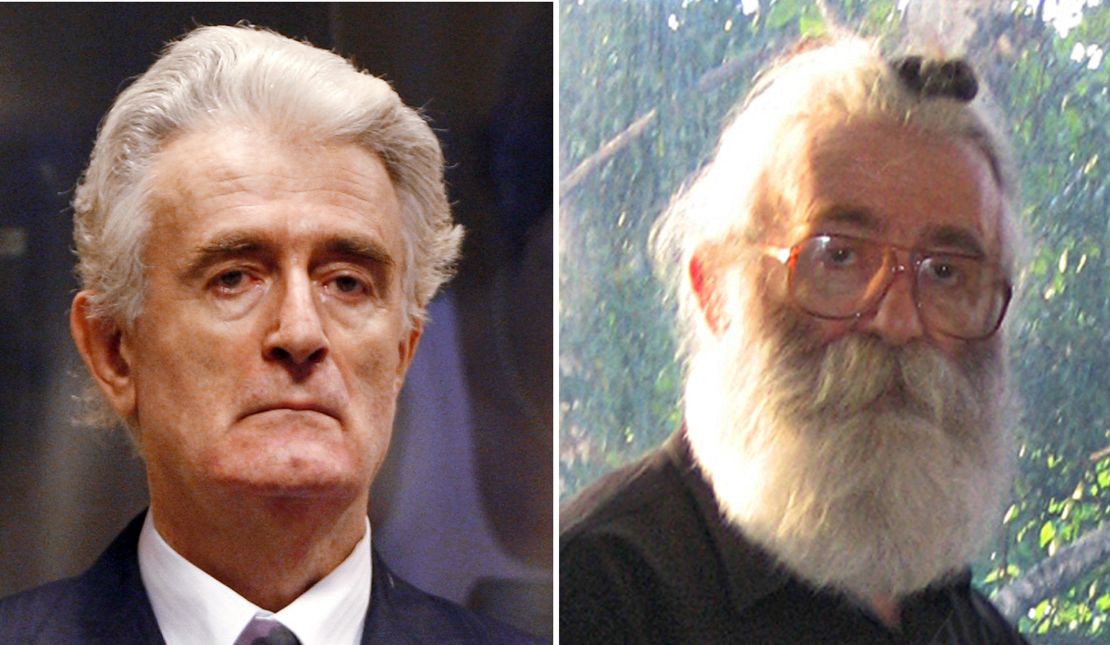For more on the Bosnian war and its aftermath, watch CNN Original Series “Declassified” Sunday at 11 p.m. ET/PT.
Former Bosnian Serb leader Radovan Karadzic’s sentence for genocide has been increased by appeal judges at a UN court in the Hague, Netherlands, from 40 years to life imprisonment.
In 2016, the International Criminal Tribunal for the former Yugoslavia sentenced Karadzic to 40 years in prison for genocide over the 1995 Srebrenica massacre – in which more than 7,000 Bosnian Muslim men and boys were executed by Bosnian Serb forces under his command – as well as other crimes, such as persecution, extermination, murder, deportation, inhumane acts, terror, unlawful attacks on civilians and hostage-taking.
Judge Vagn Joensen said the original sentence did not reflect the “gravity” of Karadzic’s crimes, and “his responsibility for the largest and gravest set of crimes ever attributed to a single person at the ICTY.”

“Taking into account the Trial Chamber’s conclusions reflecting the magnitude of Karadzic’s crimes, the Appeals Chamber is in agreement with the Prosecution’s position and considers that the 40-year sentence inadequately reflects the extraordinary gravity of Karadzic’s crimes as well as his central and instrumental participation in four joint criminal enterprises,” said the judge.
“Given the above, the Appeals Chamber considers that the sentence of 40 years imposed by the Trial Chamber underestimates the extraordinary gravity of Karadzic’s responsibility and his integral participation in ‘the most egregious of crimes’ that were committed throughout the entire period of the conflict in Bosnia and Herzegovina and were noted for their ‘sheer scale’ and ‘systematic cruelty,’” added Joensen.
Karadzic, 73, led the breakaway Serbian entity of Republic of Srpska, located within Bosnia, during the Balkan wars of the 1990s that were initiated by the breakup of former Yugoslavia.
He went into hiding in 1996 and was finally arrested in 2008 in the Serbian capital, Belgrade. Karadzic was heavily disguised by a white beard, long hair and spectacles, living under a false identity as a “spiritual healer.”
Karadzic is the highest-ranking political figure to have been brought to justice over the bitter ethnic conflicts of the 1990s.
The judgment was handed down by the UN’s international residual mechanism for criminal tribunals, which deals with cases left over from the now dissolved courts for the former Yugoslavia and Rwanda.
In November 2017, the court sentenced former Bosnian Serb army leader Ratko Mladic to life in prison after finding him guilty of genocide for atrocities committed during the Bosnian war from 1992 to 1995.
Mladic was charged with two counts of genocide and nine crimes against humanity and war crimes for his role in the conflict in the former Yugoslavia from 1992 to 1995, during which 100,000 people were killed and another 2.2 million displaced.





